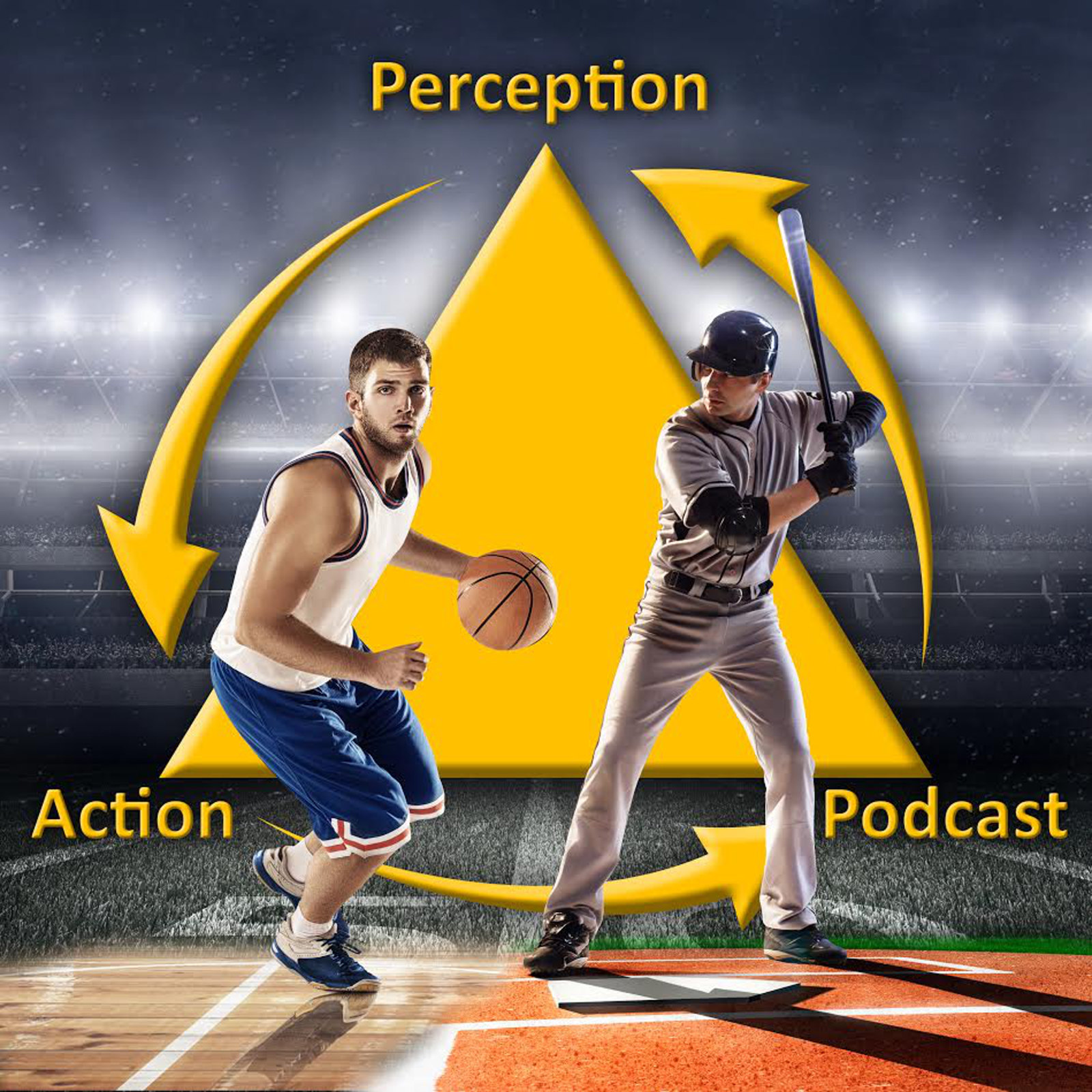157 – Coordinative Structures in Skilled Performance
157 How do we coordinate movement across our different body segments and with respect to the external environment? A look at a specific example of a coordinative structure in baseball batting.Download link Articles:A functional modulation for timing a movement: A coordinative structure in baseball hitting More information:Subscribe in iOS/AppleSubscribe in Android/GoogleMy Research Gate Page (pdfs…
Read More
